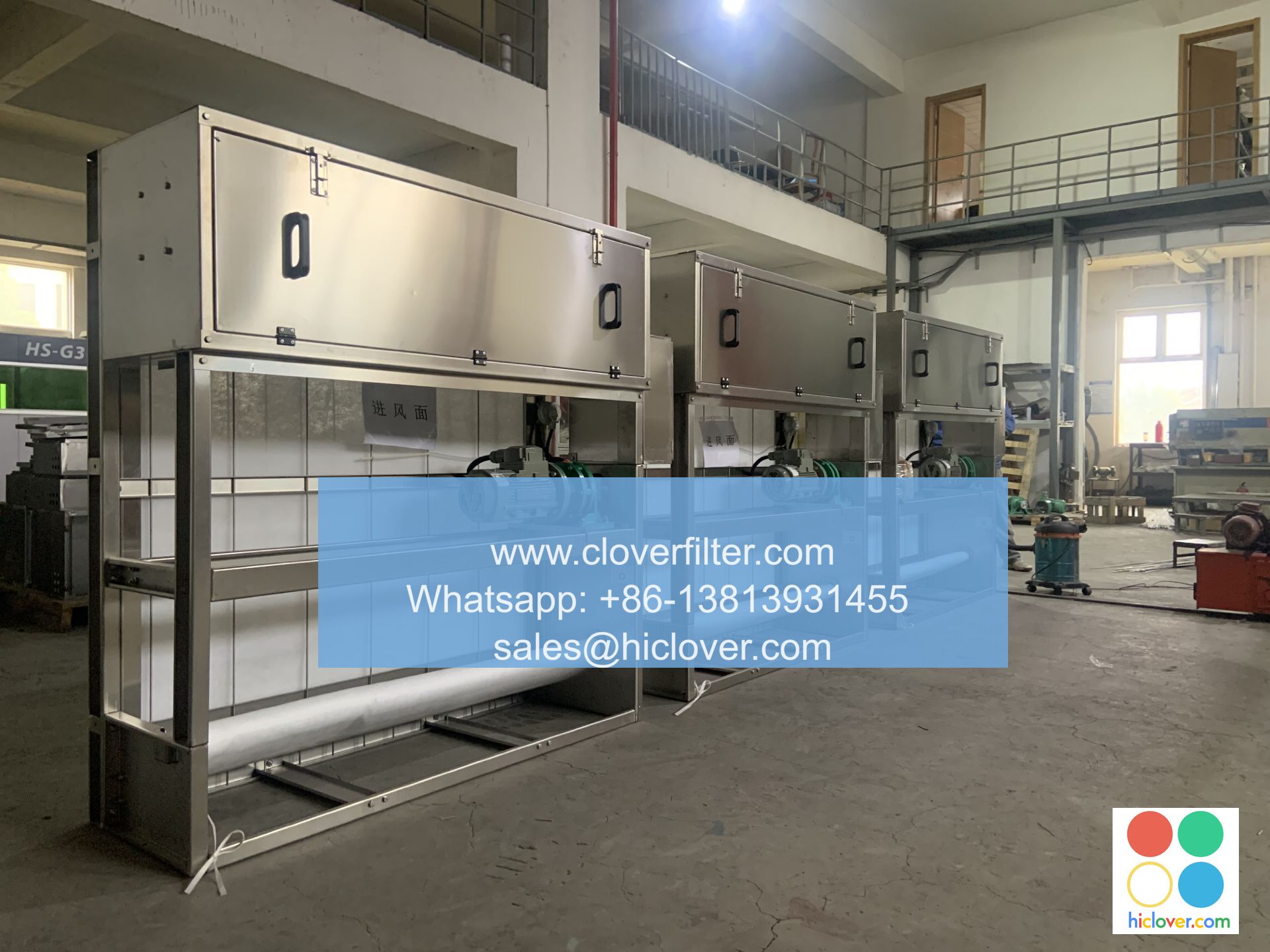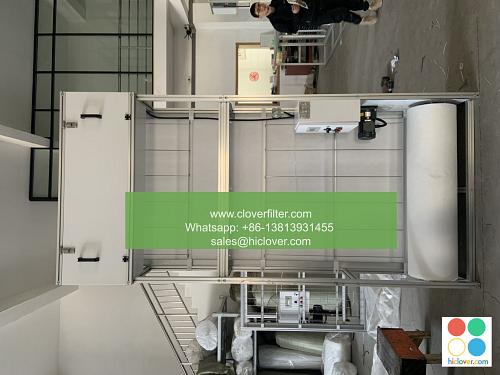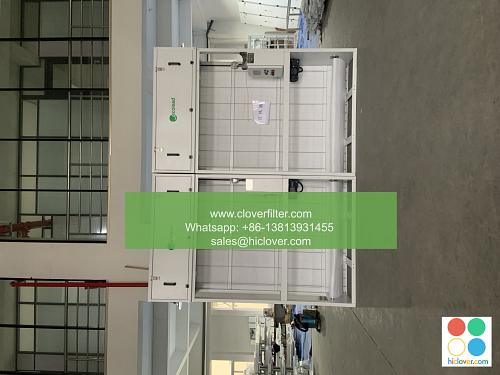The Importance of Air Filtration in Refinery Workshops: A Overview

Air filtration is a critical aspect of maintaining a safe and healthy environment in refinery workshops. Refineries are facilities that process crude oil into various petroleum products, and the workshops within these facilities are where maintenance, repair, and operations (MRO) activities take place. The air in these workshops can be contaminated with harmful particles, gases, and vapors, which can pose serious health risks to workers. In this article, we will provide an overview of the importance of air filtration in refinery workshops and discuss the benefits of implementing effective air filtration systems.
Refinery workshops are often filled with equipment, machinery, and processes that generate airborne contaminants. These contaminants can include particulate matter (PM), such as dust, dirt, and metal particles, as well as gases and vapors, such as hydrocarbons, hydrogen sulfide, and volatile organic compounds (VOCs). When inhaled, these contaminants can cause a range of health problems, from respiratory irritation and allergic reactions to cancer and other chronic diseases. Furthermore, poor air quality can also affect the performance and productivity of workers, leading to decreased efficiency and increased errors.
The importance of air filtration in refinery workshops cannot be overstated. Air filtration systems are designed to remove contaminants from the air, providing a cleaner and healthier environment for workers. These systems typically consist of a combination of filters, including pre-filters, HEPA filters, and activated carbon filters, which work together to capture particles and gases. By removing airborne contaminants, air filtration systems can help to prevent respiratory problems, reduce the risk of cancer and other chronic diseases, and improve overall worker health and well-being.
In addition to the health benefits, air filtration systems can also help to improve the overall efficiency and productivity of refinery workshops. By removing contaminants from the air, these systems can help to reduce the risk of equipment damage and downtime, which can result in significant cost savings. Furthermore, air filtration systems can also help to improve the quality of products being manufactured, by reducing the risk of contamination and ensuring that products meet strict quality standards.
There are several types of air filtration systems available for refinery workshops, including portable air purifiers, centrally ducted systems, and local exhaust ventilation (LEV) systems. Portable air purifiers are self-contained units that can be moved from one location to another, while centrally ducted systems are installed in the workshop’s HVAC system and provide filtration for the entire facility. LEV systems, on the other hand, are designed to capture contaminants at the source, using hoods and ducts to remove pollutants from the air.
When selecting an air filtration system for a refinery workshop, there are several factors to consider. These include the type and quantity of contaminants present, the size and layout of the workshop, and the specific needs and requirements of workers. It is also important to consider the maintenance and operating costs of the system, as well as its effectiveness in removing contaminants from the air. By taking these factors into account, refinery operators can select an air filtration system that meets their specific needs and provides a safe and healthy environment for workers.
In conclusion, air filtration is a critical aspect of maintaining a safe and healthy environment in refinery workshops. By removing contaminants from the air, air filtration systems can help to prevent respiratory problems, reduce the risk of cancer and other chronic diseases, and improve overall worker health and well-being. In addition to the health benefits, air filtration systems can also help to improve the overall efficiency and productivity of refinery workshops, by reducing the risk of equipment damage and downtime and improving product quality.
Conclusion
Air filtration is essential for refinery workshops, and its importance cannot be overstated. With the various types of air filtration systems available, refinery operators can select the best system for their specific needs and provide a safe and healthy environment for workers. By prioritizing air filtration, refinery operators can help to ensure the health and well-being of their workers, while also improving the overall efficiency and productivity of their facilities.
FAQs
Q: What types of contaminants are found in refinery workshops?
A: Refinery workshops can contain a range of airborne contaminants, including particulate matter (PM), such as dust, dirt, and metal particles, as well as gases and vapors, such as hydrocarbons, hydrogen sulfide, and volatile organic compounds (VOCs).
Q: What are the health effects of poor air quality in refinery workshops?
A: Poor air quality in refinery workshops can cause a range of health problems, from respiratory irritation and allergic reactions to cancer and other chronic diseases.
Q: What types of air filtration systems are available for refinery workshops?
A: There are several types of air filtration systems available, including portable air purifiers, centrally ducted systems, and local exhaust ventilation (LEV) systems.
Q: How do I select the best air filtration system for my refinery workshop?
A: When selecting an air filtration system, consider the type and quantity of contaminants present, the size and layout of the workshop, and the specific needs and requirements of workers.
Q: What are the benefits of implementing an air filtration system in a refinery workshop?
A: The benefits of implementing an air filtration system include improved worker health and well-being, increased efficiency and productivity, and reduced risk of equipment damage and downtime.


